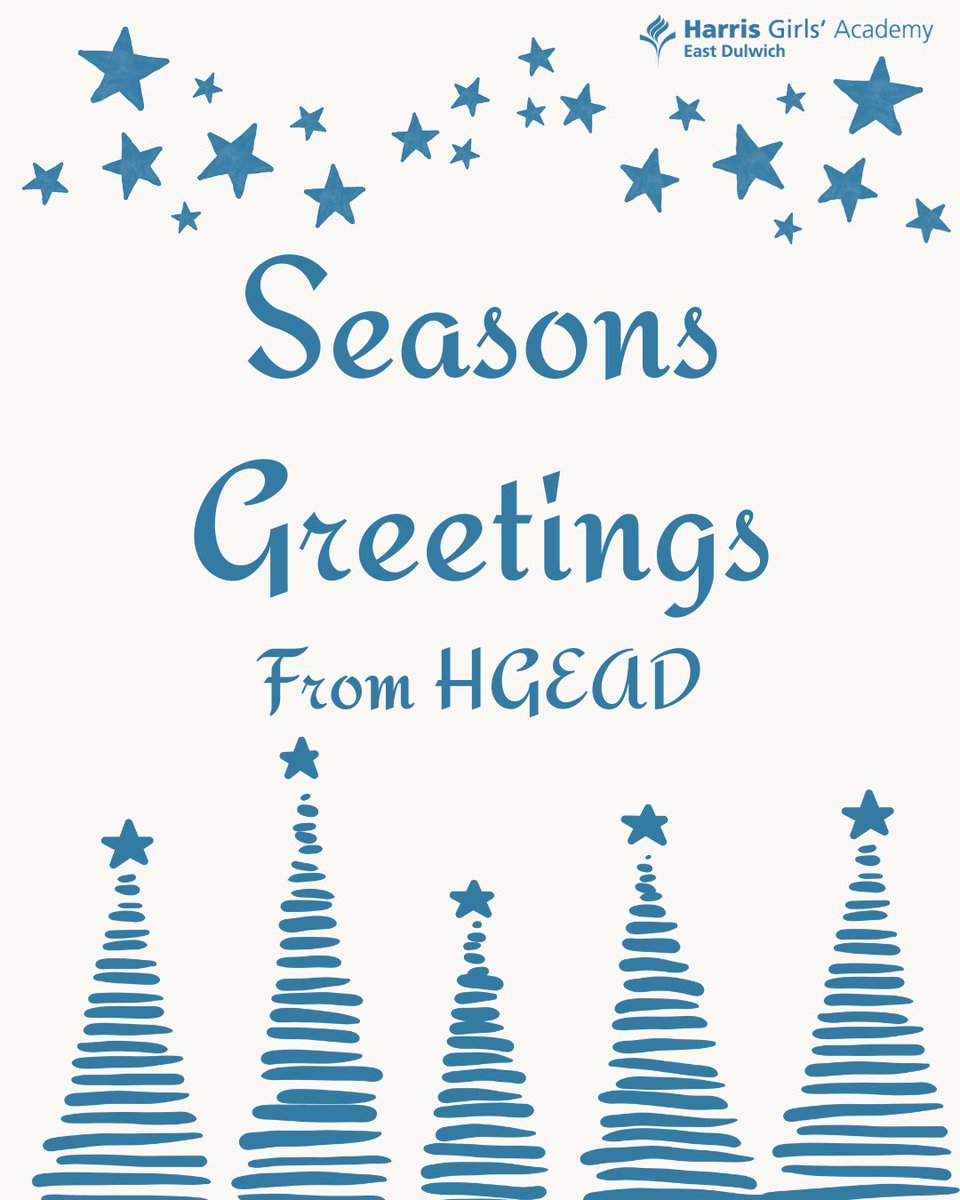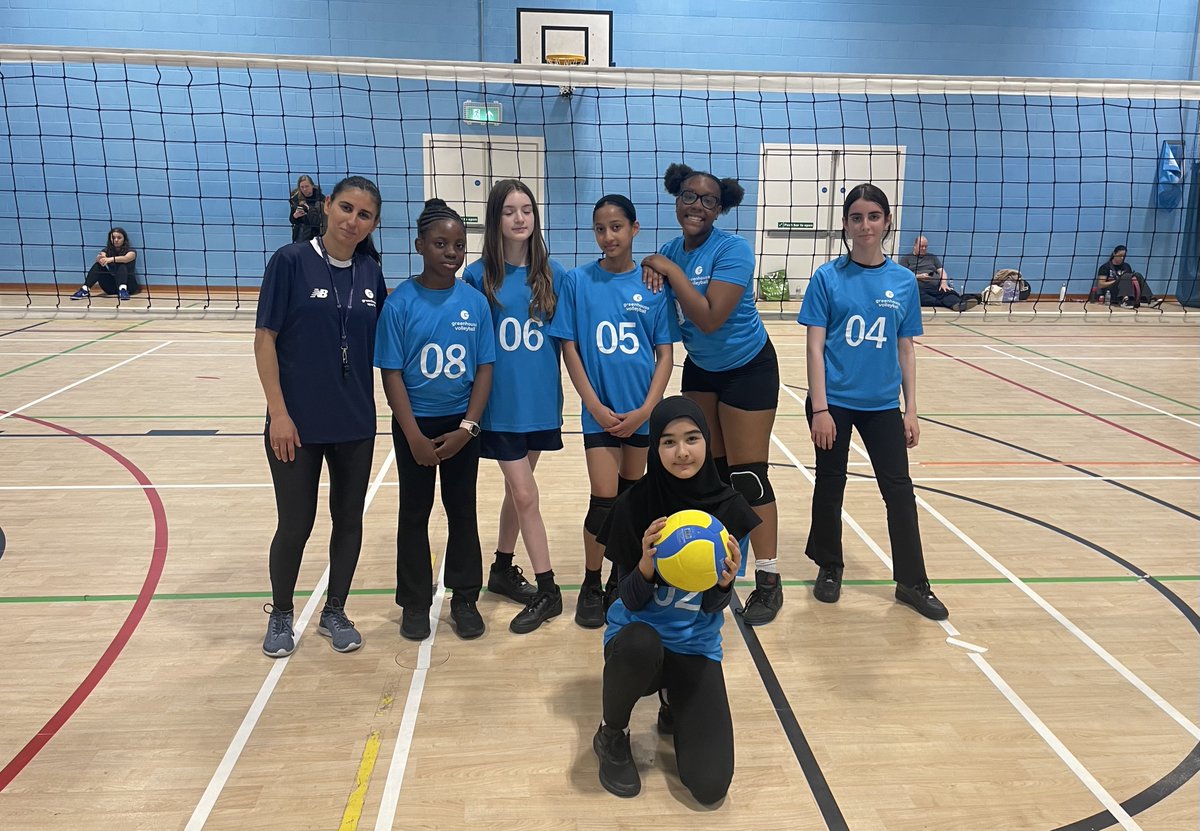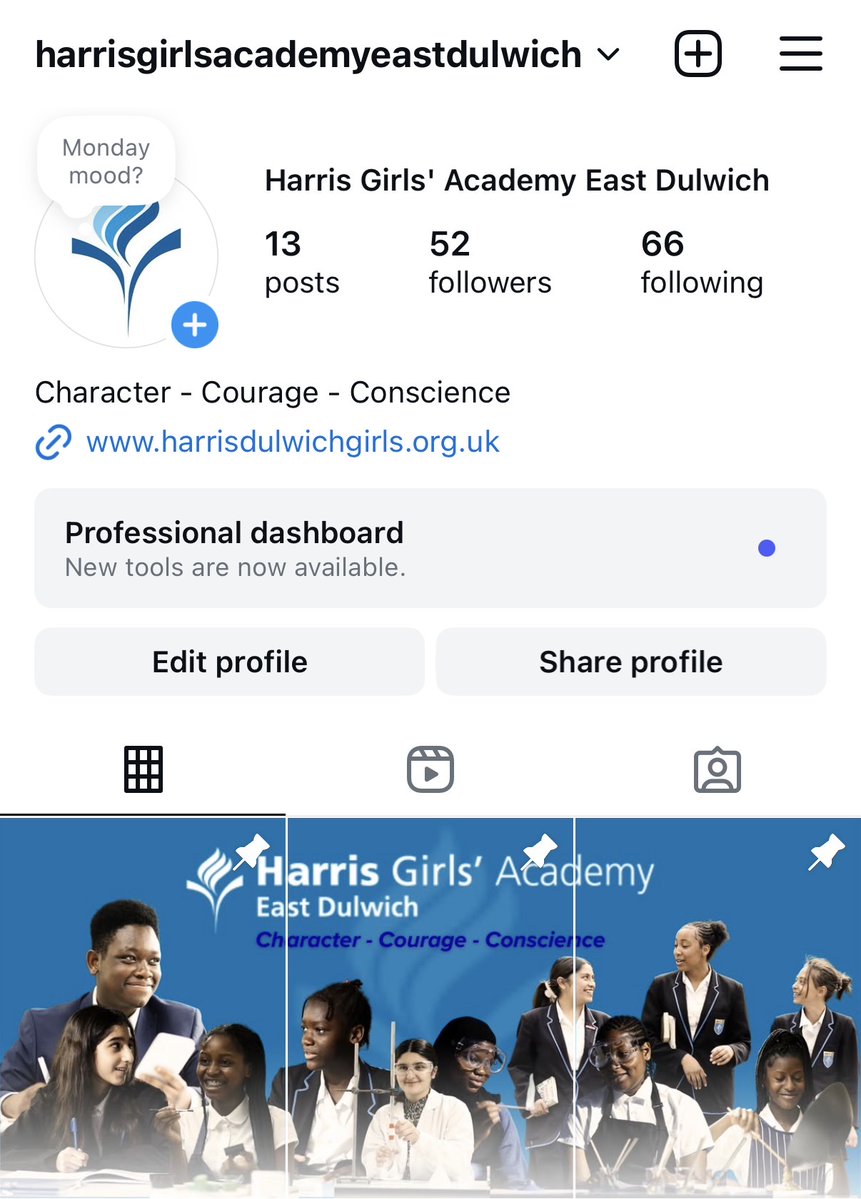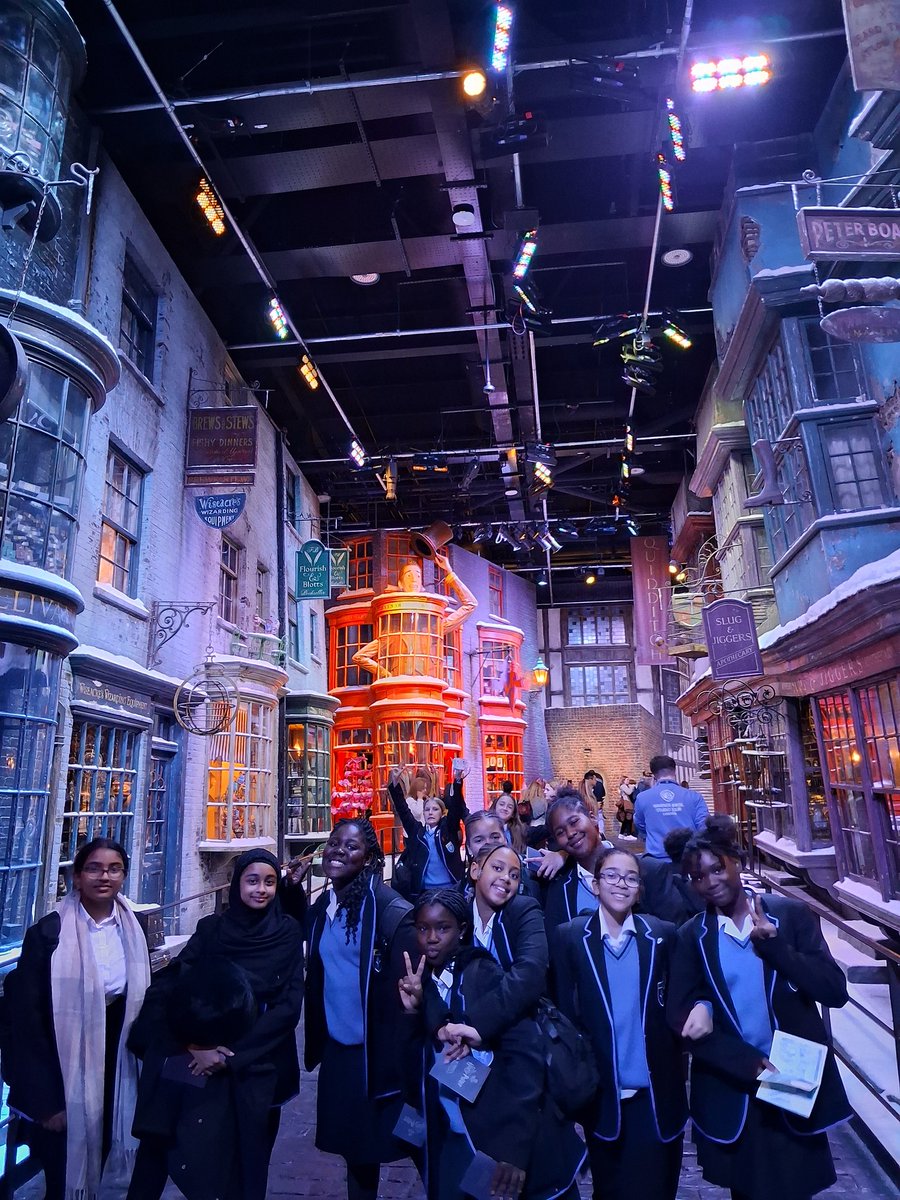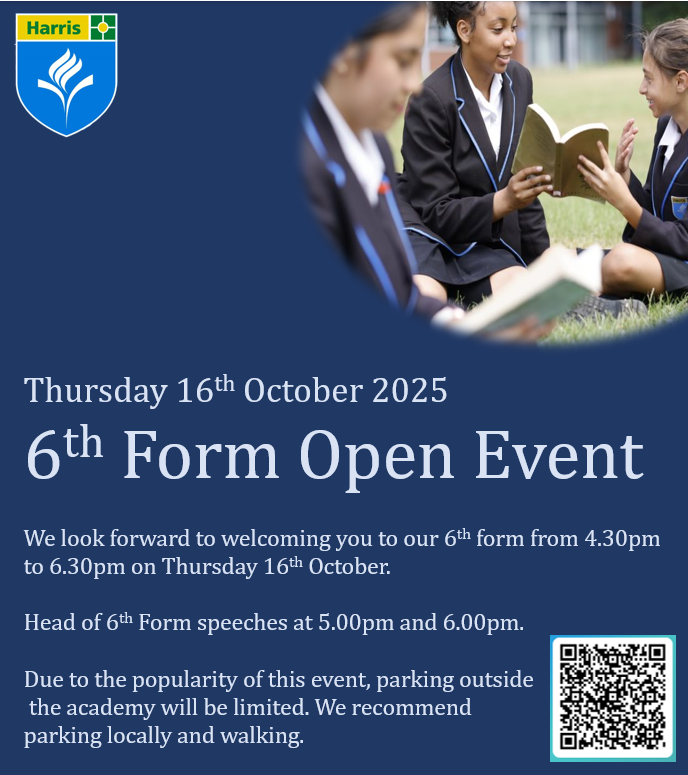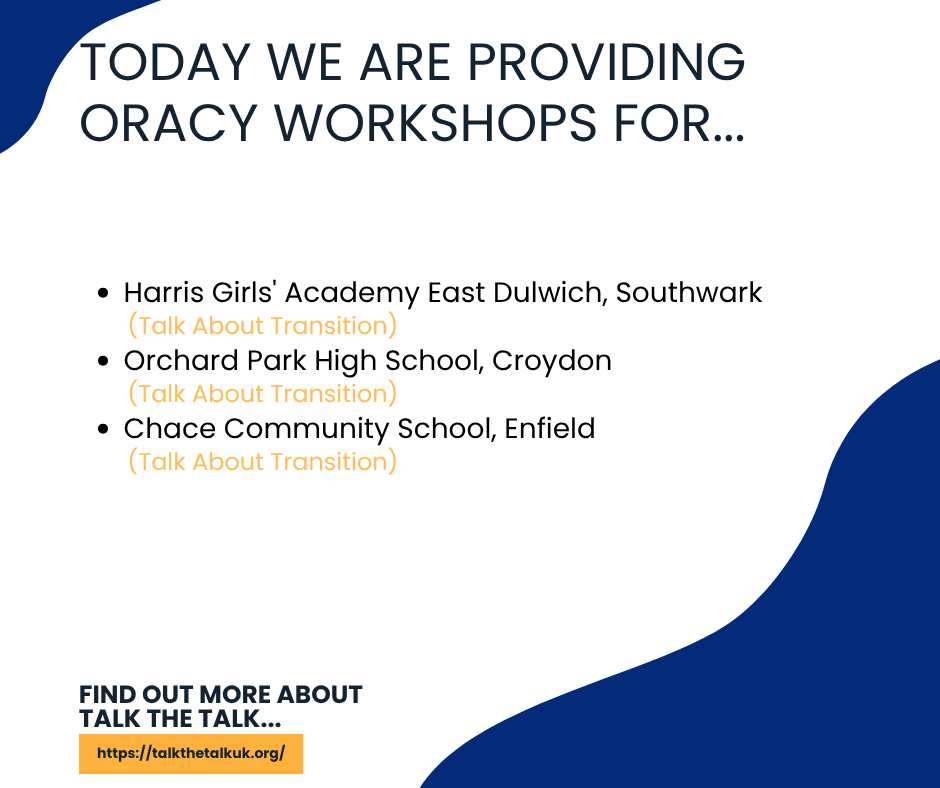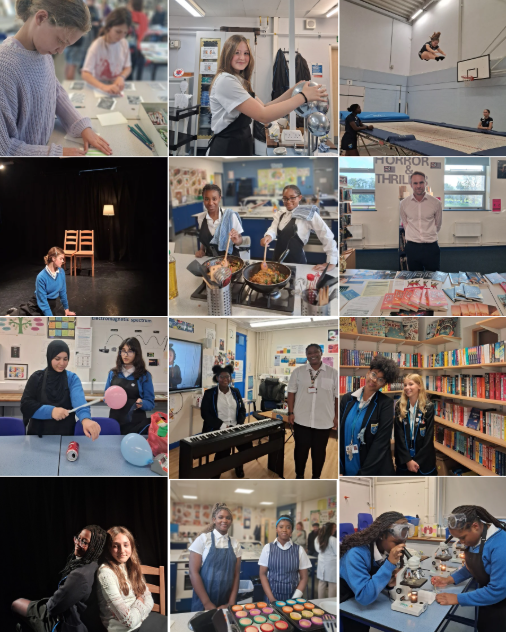Latest News
Posted on June 21st 2015
Laureate Programme for Year 8
 Our Laureate Programme extended selected Year 8 students' interest and knowledge of English Literature, whilst also introducing them to the academic life and expectations of university.
Our Laureate Programme extended selected Year 8 students' interest and knowledge of English Literature, whilst also introducing them to the academic life and expectations of university.
The programme involved weekly sessions with PhD students and a visit to a London university.
Students on the programme then wrote a 2,000 word essay on the wider reading. Students were supported in school and with ‘tutorials’ from the visiting lecturers. After submission, the pupils had a conference to deliver their essays. The best essays will be published in a magazine we are creating.
The focus was on the Victorian novel to support their reading of David Copperfield. Example texts were Silas Marner by George Eliot; North and South by Elizabeth Gaskell and The Woman in White by Wilkie Collins.
Download the essays
Here are four of the essays our students wrote on The Woman in White by Wilkie Collins
How Marian Halcombe and Laura Farlie develop throughout ‘The Woman in White’ by Rochelle Reynolds
How women in ‘The Woman in White’ relate to the stereotypical 19th century woman, by Abigail Boghurst
Comparing and Contrasting Count Fosco and Sir Percival Glyde - Who is the most villainous? by Etta Selim
How Do Certain Characters Influence The Plot of 'The Woman in White'? by Katelan Clark
Here are four of the essays our students wrote on The Lonely Londoners by Samuel Selvon.
How women are portrayed in the Lonely Londoners by Hassana Smaoui
How does Samuel Selvon acknowledge the cultural and racial differences within the characters of The Lonely Londoners by Leah Gayle.
The formidable journey of West Indian identity by Gabriela Freitas
How illusion and identity is portrayed throughout the Lonely Londoners by Eloghene Toweh
On being a laureate
What students say about being on the programme
Etta Selim writes: In December, 2014, the English department launched the ‘Laureate Group’, a class designed to help high achieving students write to university standard. When I was chosen for the Laureate Group, I felt privileged to be granted such an opportunity, because I would not usually get the chance to study to such a level. I am glad to say that I have benefitted greatly from this program. The PhD student teaching us is informative and an excellent teacher, who I learn a lot from. I have learnt research techniques, investigated and analysed books and themes via discussions and essays and have been taught about literary conventions that I may not have learnt otherwise. I have also been able to think about philosophical issues and form opinions about themes that are in books that are controversial or debatable. For the first unit we studied The Woman in White by Wilkie Collins, going through innumerable conventions, literary devices, and character analyses, which were fascinating. Finally, we wrote a 2000 word essay each over the holiday, using accurate academic referencing and university style techniques. This was intensely fascinating, because the book was very interesting historically and we could link our learning back to English exams that we did in class. Our current unit is the CILIP Carnegie Medal, a book award given by children's librarians for an outstanding book for children and young people. Although it is less intense than our first unit in some ways, it is still challenging. To be able to review thoroughly, we have covered conventions such as Bowdlerisation, ‘The Grand Narrative’ and ‘Narrative Theory’ and have written reviews on all eight of the Carnegie Medal candidates. Being a Laureate has been an enlightening experience for me, with great teachers and challenging work that stretches me to achieve great outcomes.
Katelan Clark writes: part of the Laureate programme has meant so much to me since starting. I have adapted to the programme sufficiently and have enjoyed every moment. What I enjoyed most about the Laureate programme is how challenging it may get at times but we always understand, and that is why I would like to thank our group leader for her amazing job of leading the programme. Too be honest, the Laureate programme hasn’t been what I expected. In the beginning when writing our essays on The Woman in White, that was more or less what I had expected from the programme; however when we started studying Carnegie, the programme changed dramatically. Although, the programme hasn’t exactly been what I had in mind, I have thoroughly enjoyed my experience. During both terms of extremely hard work from both my peers and our teacher we have achieved many great achievements regarding literature. We began by studying The Women in White by Wilkie Collins, which we later wrote an essay on. I, personally, benefitted widely from this major experience. Leading up to the time of writing our essays was a very tense time, as we all wanted to receive a good percentage. The Carnegie topic was so much more adventurous - we were given more freedom to discuss, and write reviews of our choosing. Being involved within the Laureate programme has improved both my reading and writing skills tremendously. Not only has the programme increased my level of ability, however, it has also boosted my confidence of working within a group and sharing my opinions.
Rochelle Reynolds writes: Laureate programme is a group where several people discuss books, write essays, and widen their knowledge of literary skills and new techniques of writing. Every Wednesday we talk about our views on the books we have read from the Carnegie website, and update our page on the Carnegie website. Last year, we all read the book The Woman in White, and analysed it in full detail, we looked at the author’s use of imagery, the language he used, and how this was effective for the reader. We also looked at multiple university level pieces of writing, which helped improve the quality of our own writing a lot. I think that the Laureate programme has been very beneficial for both me and the other members of the group We have, as I've said, benefitted from high quality pieces of writing and essays, also, my understanding and views of more challenging books has improved greatly over the past year. When I was told I was going to join the Laureate group, I didn’t know what to think, really. Part of me thought it’d be a boring group where we sat and read books and wrote essays, and another part of me thought it would be beneficial and fun. Well, it turns out it would be interesting, beneficial and fun, the Laureate programme has widened my knowledge of books, and literary skills, and this has helped a lot with essays and exams outside of the Laureate programme. I am glad that I joined the Laureate group, and would carry on if I had the choice.
Abigail Boghurst writes: When the Laureate Programme began, I did not know what to expect! We began with studying a novel, The Woman in White, which is a book I would never have considered reading before. The sessions were challenging but in a positive way. They stretched me and I began to see improvements in my writing and while speaking. The book was a challenge to get through, as the language was not the same as what I am used to, but I am glad I accepted the challenge. We wrote a 2000 word essay on a topic of our choice, I chose “How women in The Woman in White relate to the stereotypical 19th century woman.” This topic involved a lot of research inside and outside of sessions. I learnt so many new skills and techniques which I hadn´t understood before, such as citation and including a bibliography. We had a PhD student as an excellent tutor, I could not have written the essay without her teaching! After the essay writing, we moved onto studying the shortlisted Carnegie Medal books. We were given all eight books on the shortlist and read one a week. After reading the book we would discuss our thoughts and opinions on the novel. We also updated our Shadowing Group page on the CILIP website. Discussing the books with two teachers, our main lesson and a twenty minute session in the morning, helped me to understand subjects I would not usually consider, like why the author wrote the book or who the ‘implied reader’ was etc. I learnt to give reasons for positive and negative criticism, and be able to see both sides of arguments; why someone would like the book and why someone would dislike the book. I have grown in confidence also, I can share my views and listen/argue other´s points. On the whole, the Laureate Programme has developed my English skills and character. I hope the programme continues next year.
